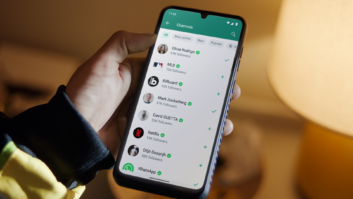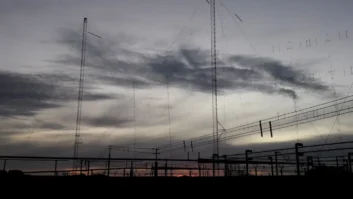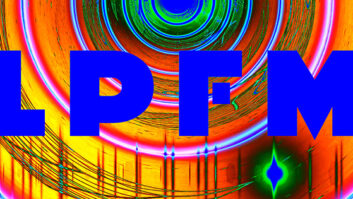
Engineering consultant Richard Arsenault is disappointed the FCC did not take comments on his proposal for an across-the-board power, 10-times increase in daytime power for analog AM stations.
We noted last week the FCC had denied the petition, saying the proposal actually would cause interference between AM stations.
Arsenault has said increasing man-made noise is hurting the band, noise caused by things such as fluorescent lights, computers and broadband over power lines.
His intent was to generate ideas to help AM radio and resulting comments might have resulted in long-term solutions to help the AM band: “All broadcasters seriously need to look at the state of AM radio and bring all ideas to the table. I do not necessarily believe that my petition was the best solution for AM radio, but nonetheless, it was an attempt to get the commission, broadcasters, the general public and the broadcast trade publications involved in the AM debate,” he tells me.
While the commission didn’t formally open his petition for comments, he says he read well over 100 reactions to his petition on the Internet and some comments — both pro and con — that came to him directly.
“From those comments and from my own beliefs, I suspect that in 10 to 20 years, we might see the majority of low- and medium-powered AM broadcast stations relocated into a new band possibly created by extending the lower end of current FM band by 6 or 12 MHz and/or by utilizing alternative technologies,” he said. “Maybe AM stations could be moved to an even higher frequency on a new terrestrial broadcast band.”
He continued: “Likely the few remaining stations left behind in the existing AM band could be part of a plan to operate as super-stations with 50,000 watts minimum to 500,000 watts maximum covering large areas offering virtually static-free service. Hopefully there would be a mandatory backup generator requirement for these super stations as a condition for holding an FCC license.
“Think what service these stations could potentially provide to the general public in a national or regional emergency with their gigantic daytime coverage and national nighttime coverage,” he continued. “And nothing more than a little 9 Volt pocket radio or inexpensive emergency hand-cranked generator radio would be needed to receive potentially life-saving information in an emergency when the electrical power grid fails and subsequently all Internet, telephone and other broadcast stations without power generators fail. Now maybe we’re about talking about a long-term idea that is in the public interest.”
Still pending at the commission is his separate petition to start AM pre-sunrise authority earlier (RM-11599).












